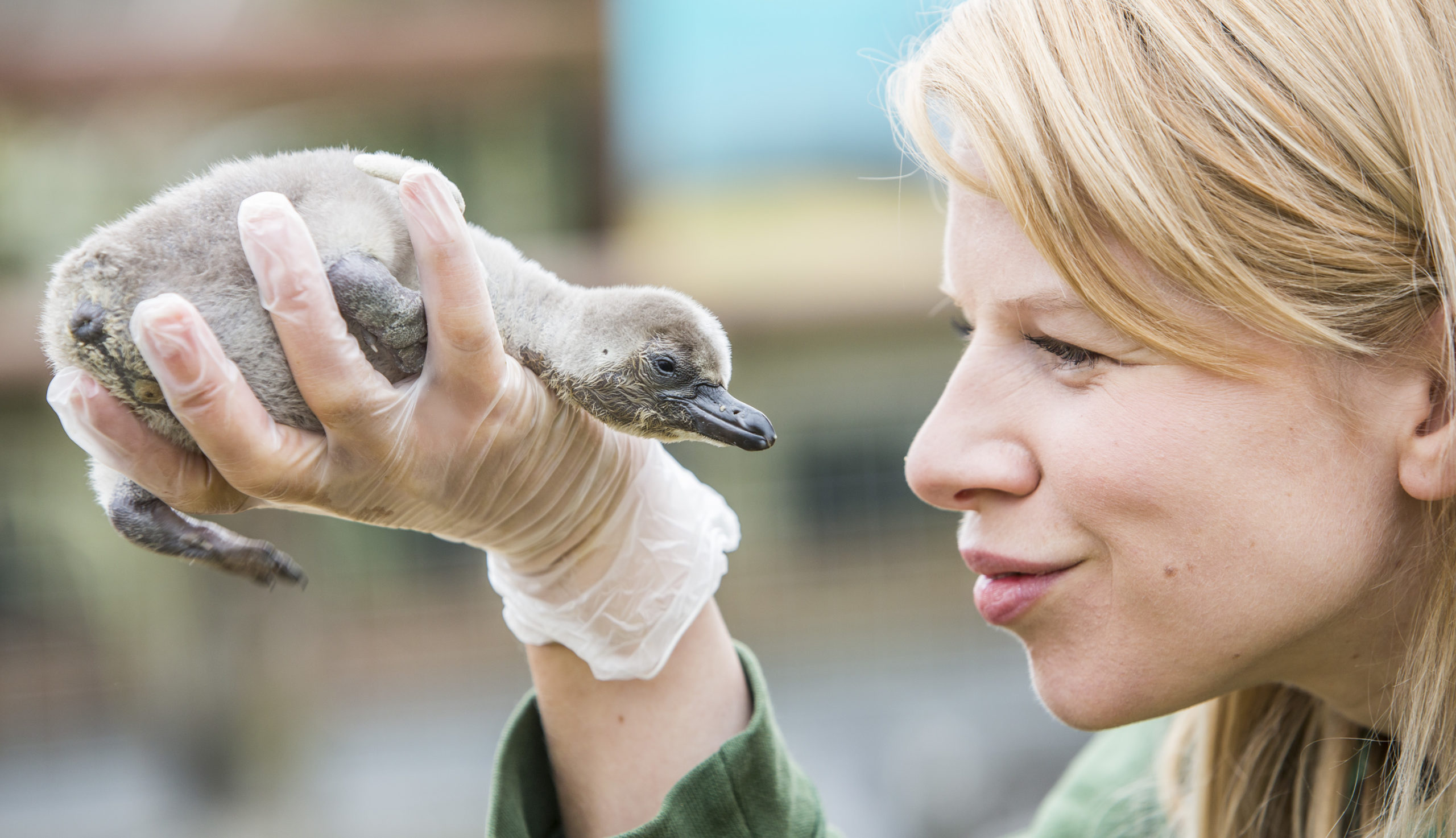

We love having babies. And you love coming to see them. But breeding at Folly Farm is about more than the ahh-factor.
These programmes manage the population of animals across member zoos. They ensure records are kept up to date. And they make breeding and movement recommendations. This makes sure zoos have the healthiest animals available in case a particular animal is at risk of becoming extinct in the wild.
Should this happen then member zoos can provide the animals for a reintroduction programme. To see an animal born at our zoo, reintroduced to the wild, is the ultimate aim of our conservation efforts. And with the Eastern black rhino breeding programme this is a very real possibility.
In 2013 we were invited by Chester Zoo, which manages the breeding programme for Eastern black rhino, to become a holding zoo for this critically endangered species. Because there are fewer than 650 of them left in the wild, there’s already a reintroduction programme in place to try and reverse this decline.
In 2015 a female, named Manyara, and a breeding male, named Nkosi, arrived at our purpose built rhino breeding facility, Kifaru Reserve. They were joined in 2017 by Dakima, a breeding female. We’re helping this species by raising awareness of the threats facing them and by holding a breeding group with the hope of reintroducing their young back to the wild.
January 2020 saw the arrival of our first rhino calf – a boy – and we called him Glyndwr, a strong Welsh name, in honour of our founding director Glyn Williams who sadly passed away in February 2020.
In November 2023 Glyndwr moved on to another breeding programme member zoo to further the captive breeding efforts for the species, paving the way for Dakima and Nkosi to breed again.
We’ve come a long way from a dairy farm. And it’s thanks to your support.
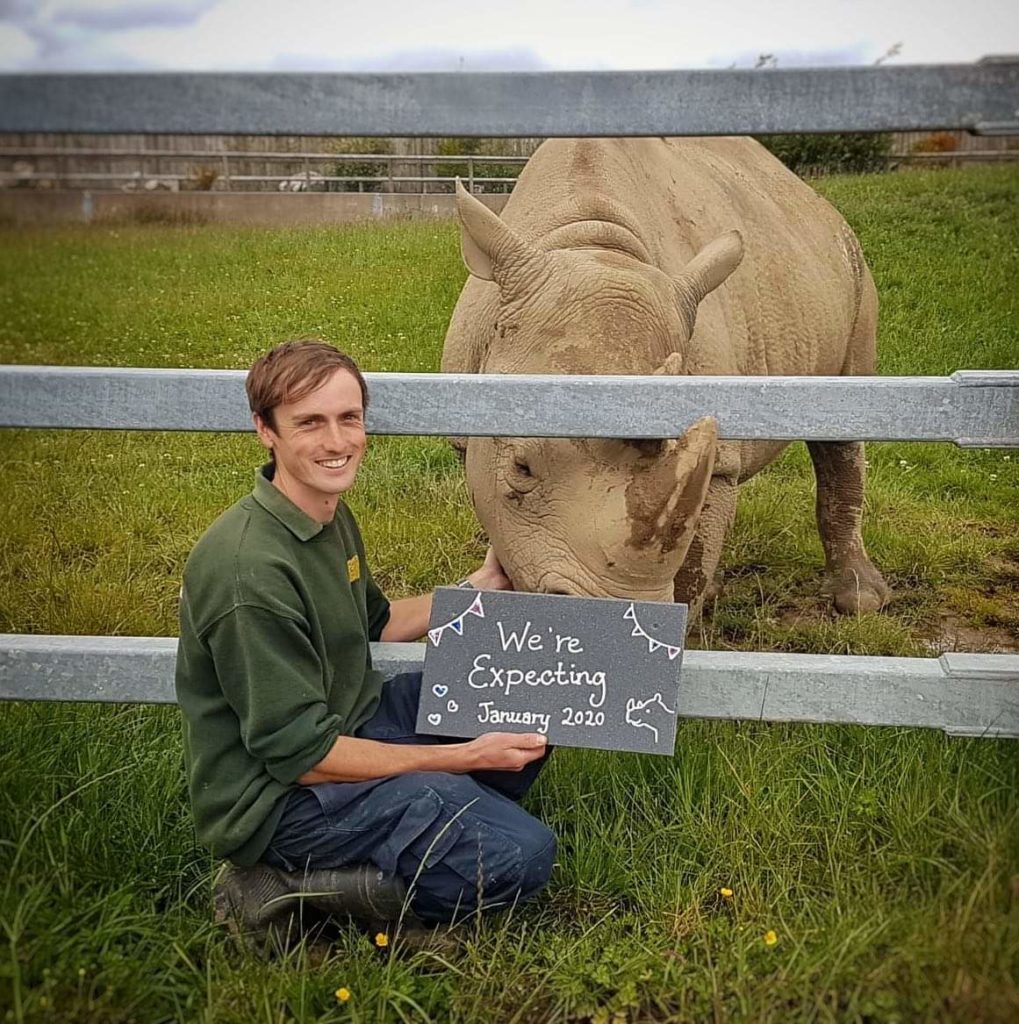
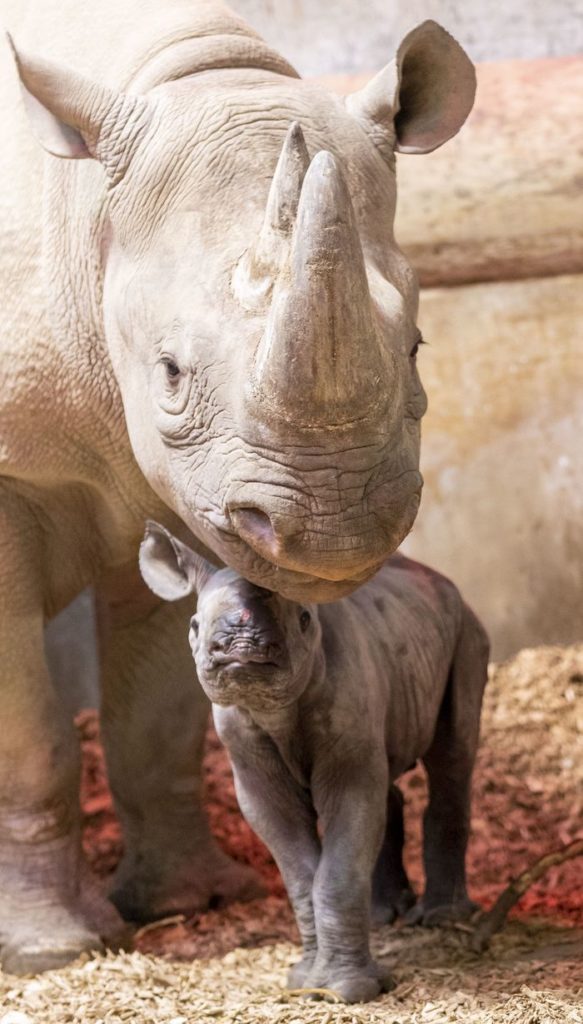
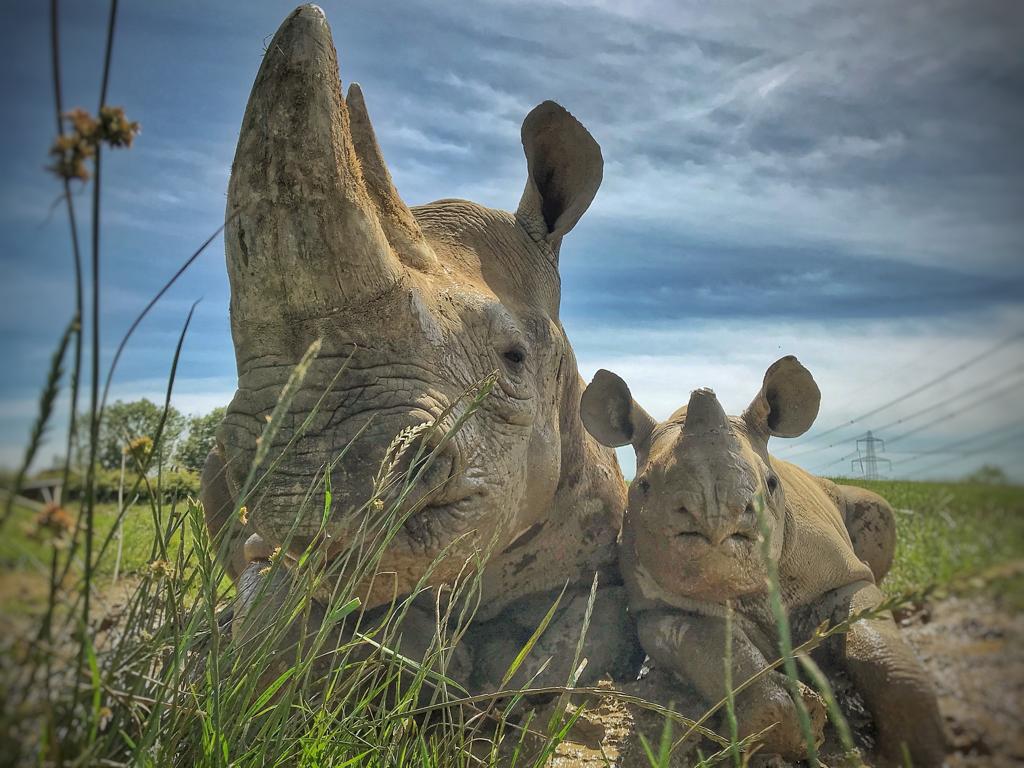
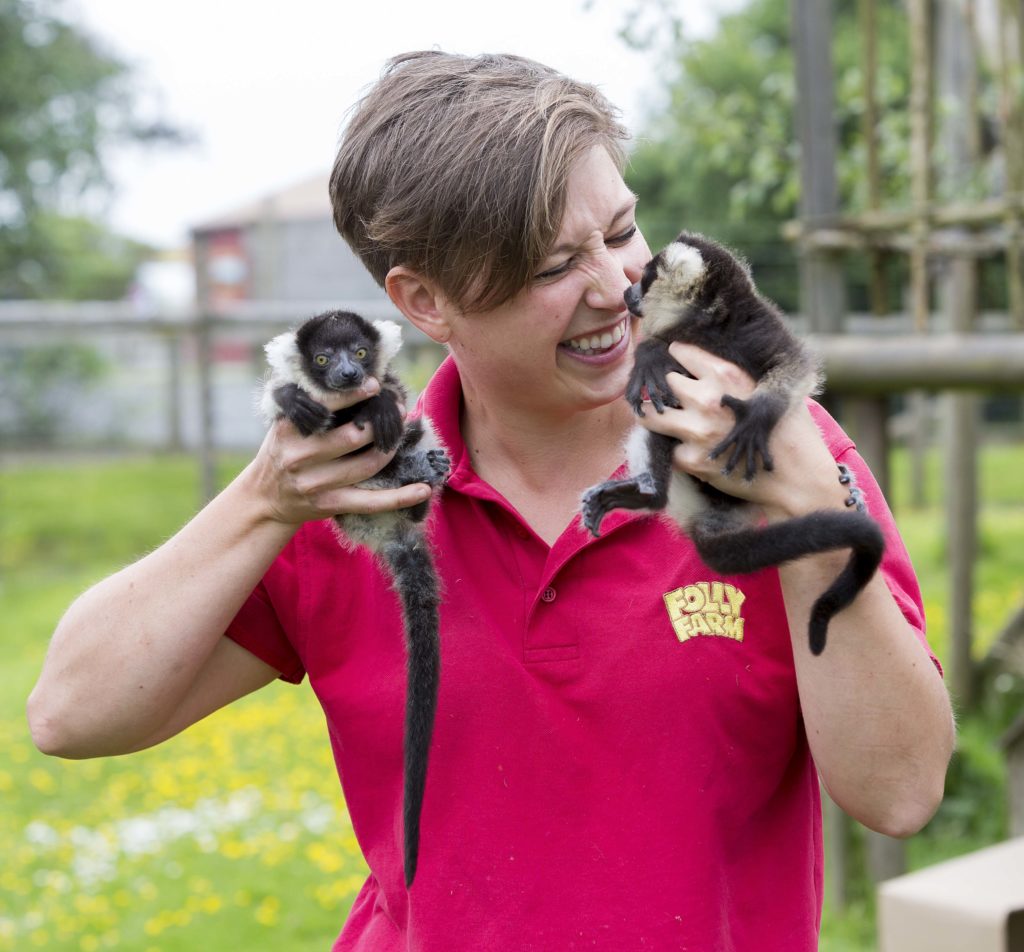
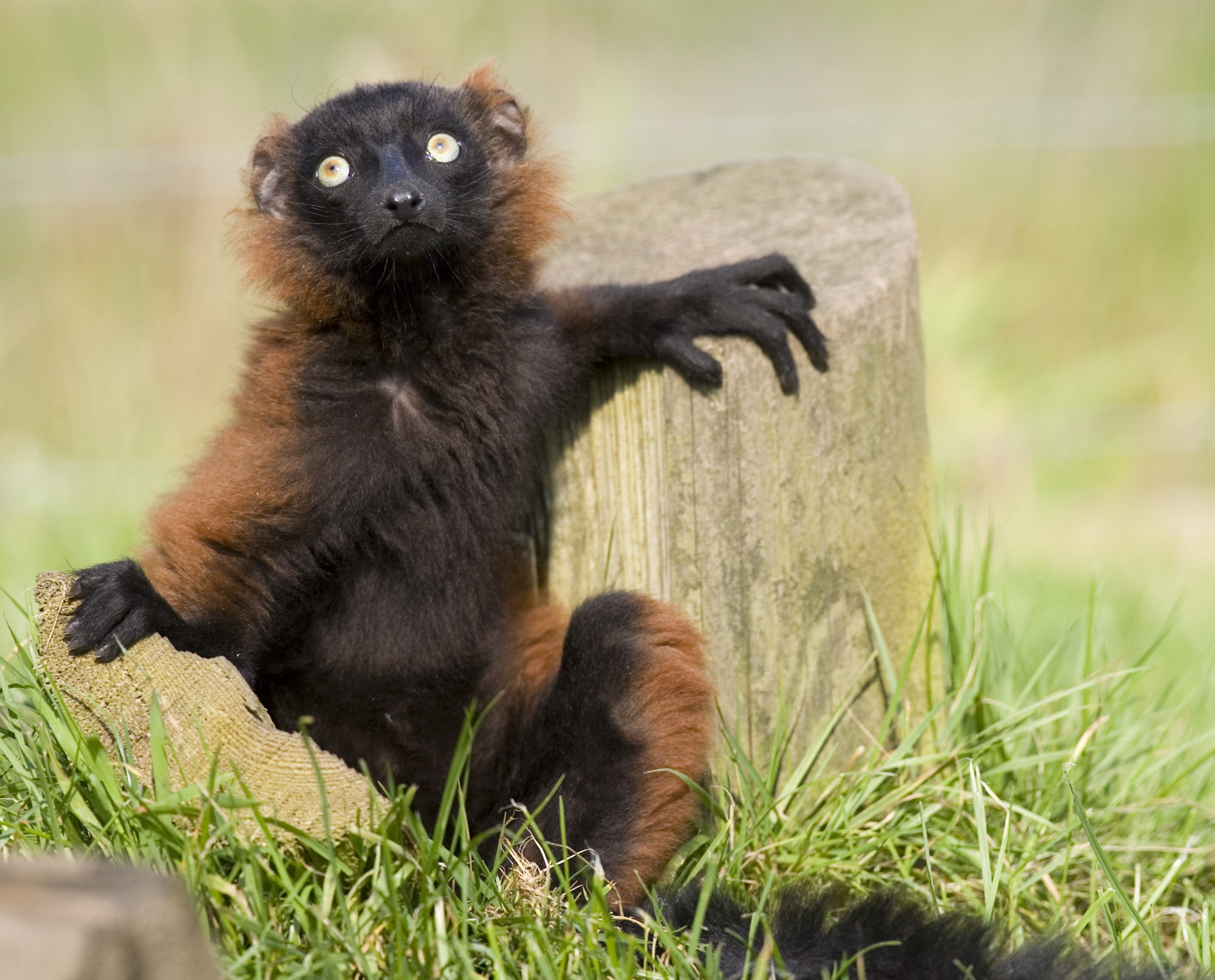
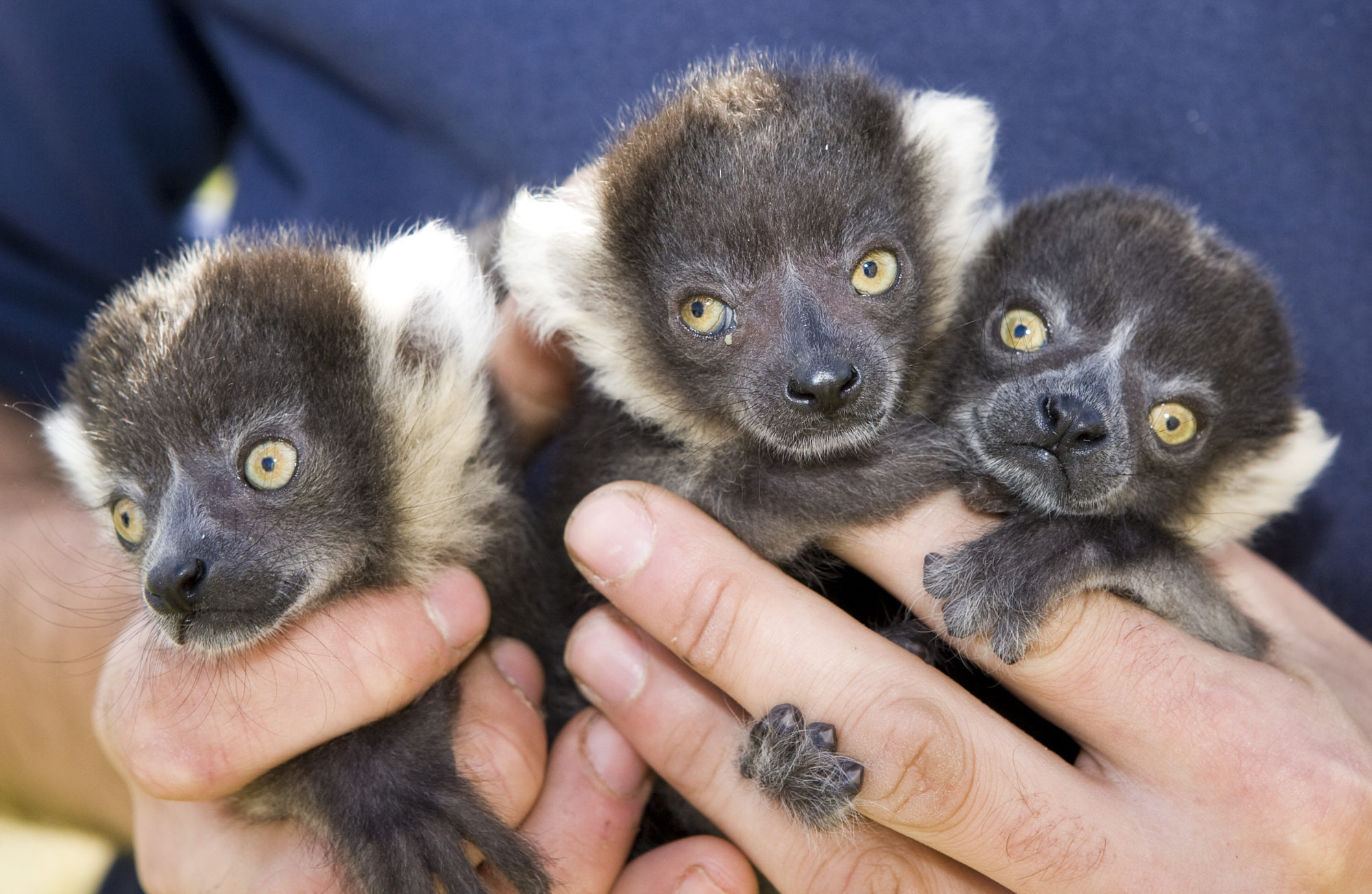
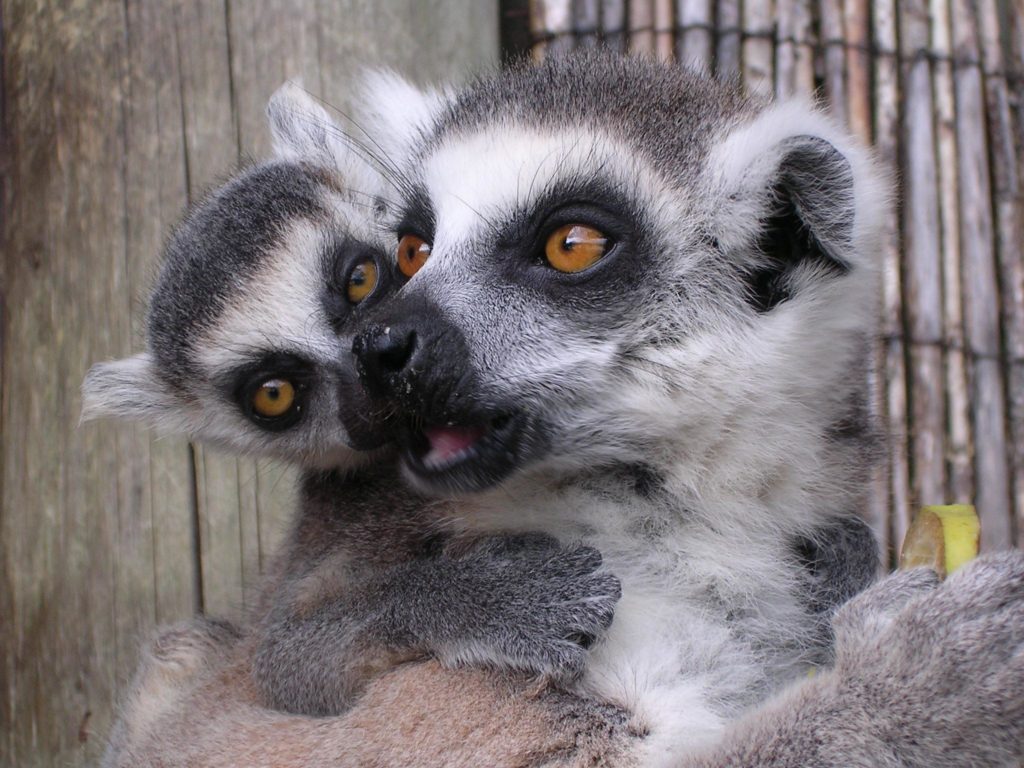
We’ve successfully breed all three of our lemur species – black and white ruffed, red ruffed and ringtailed!
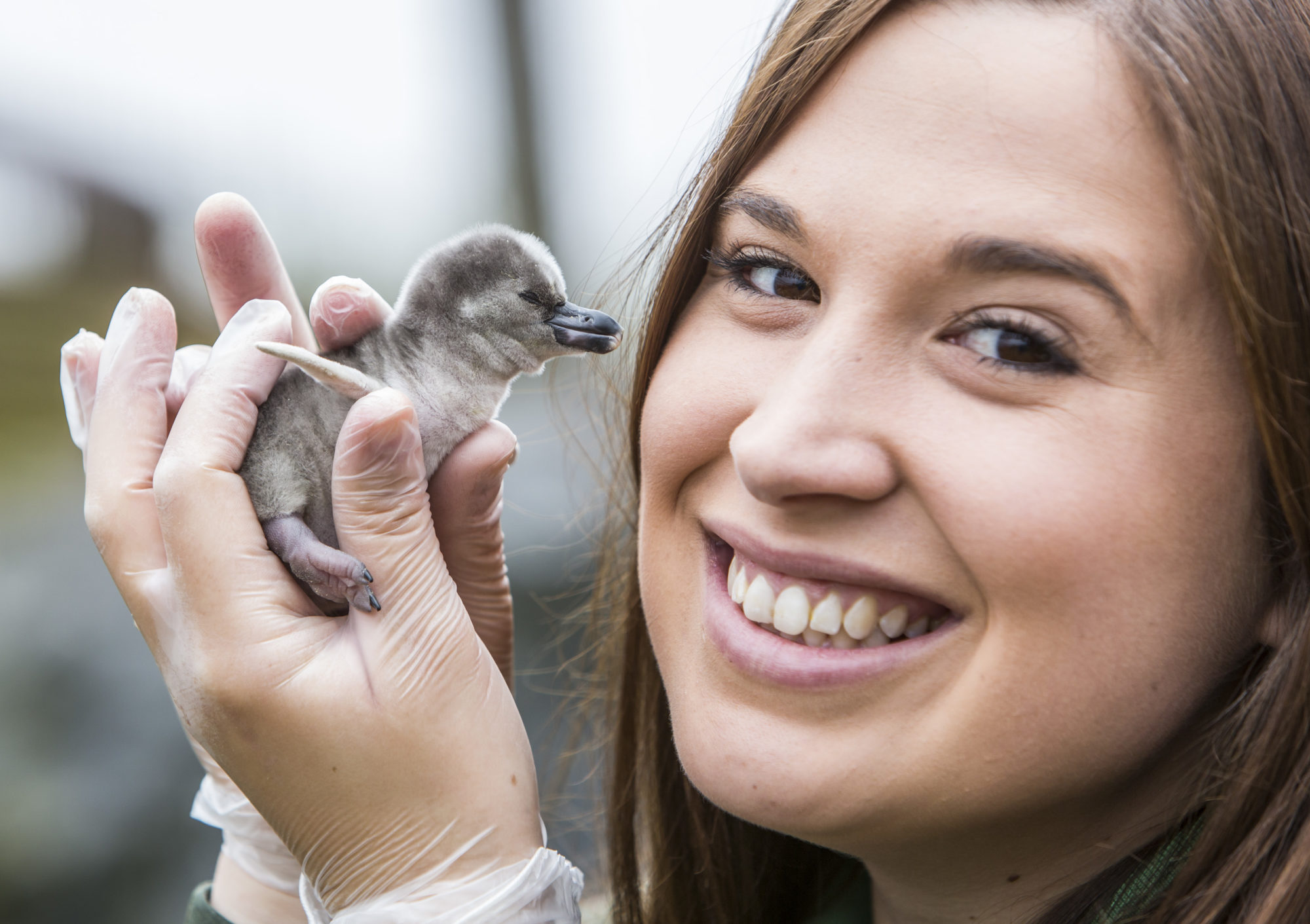
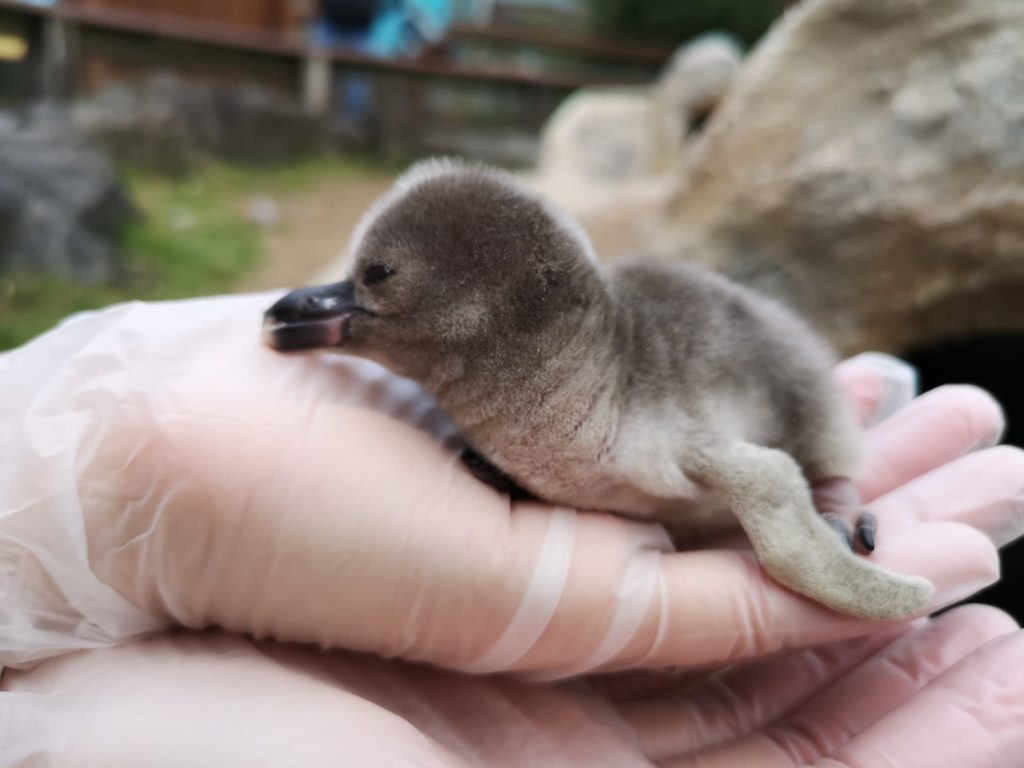
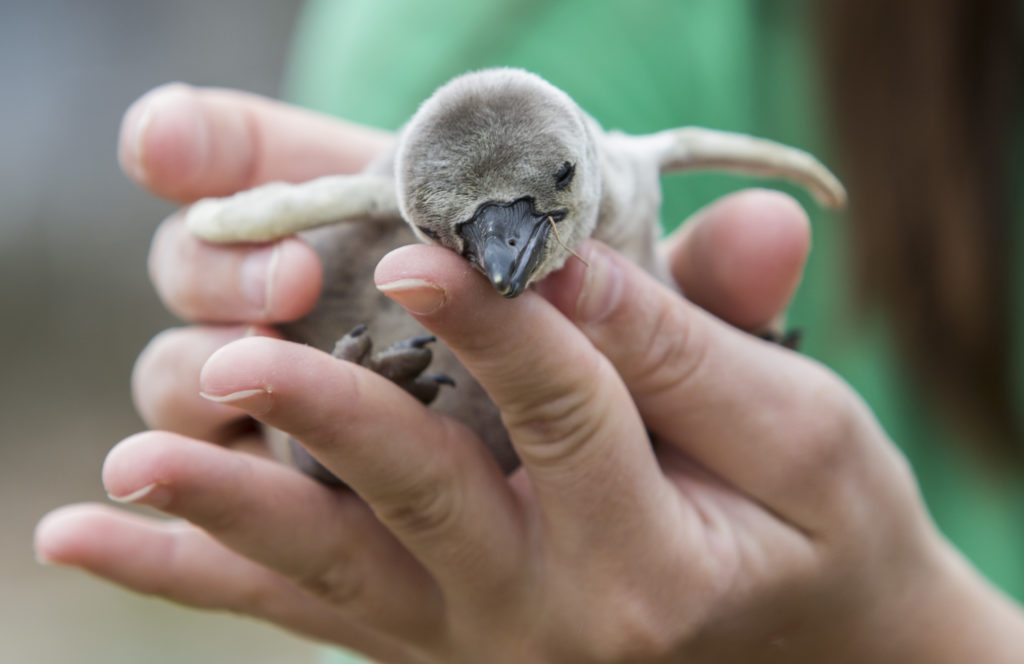
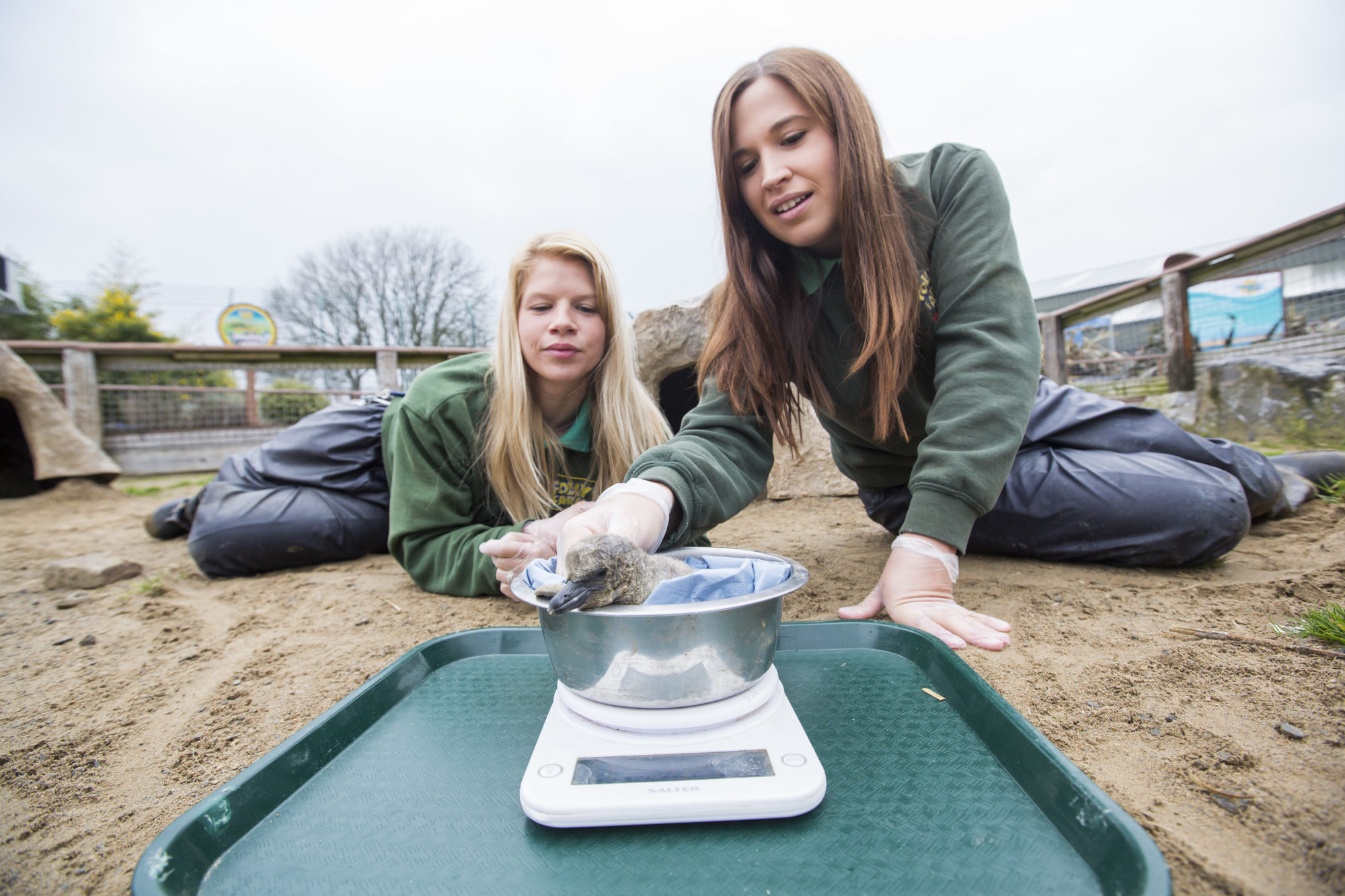
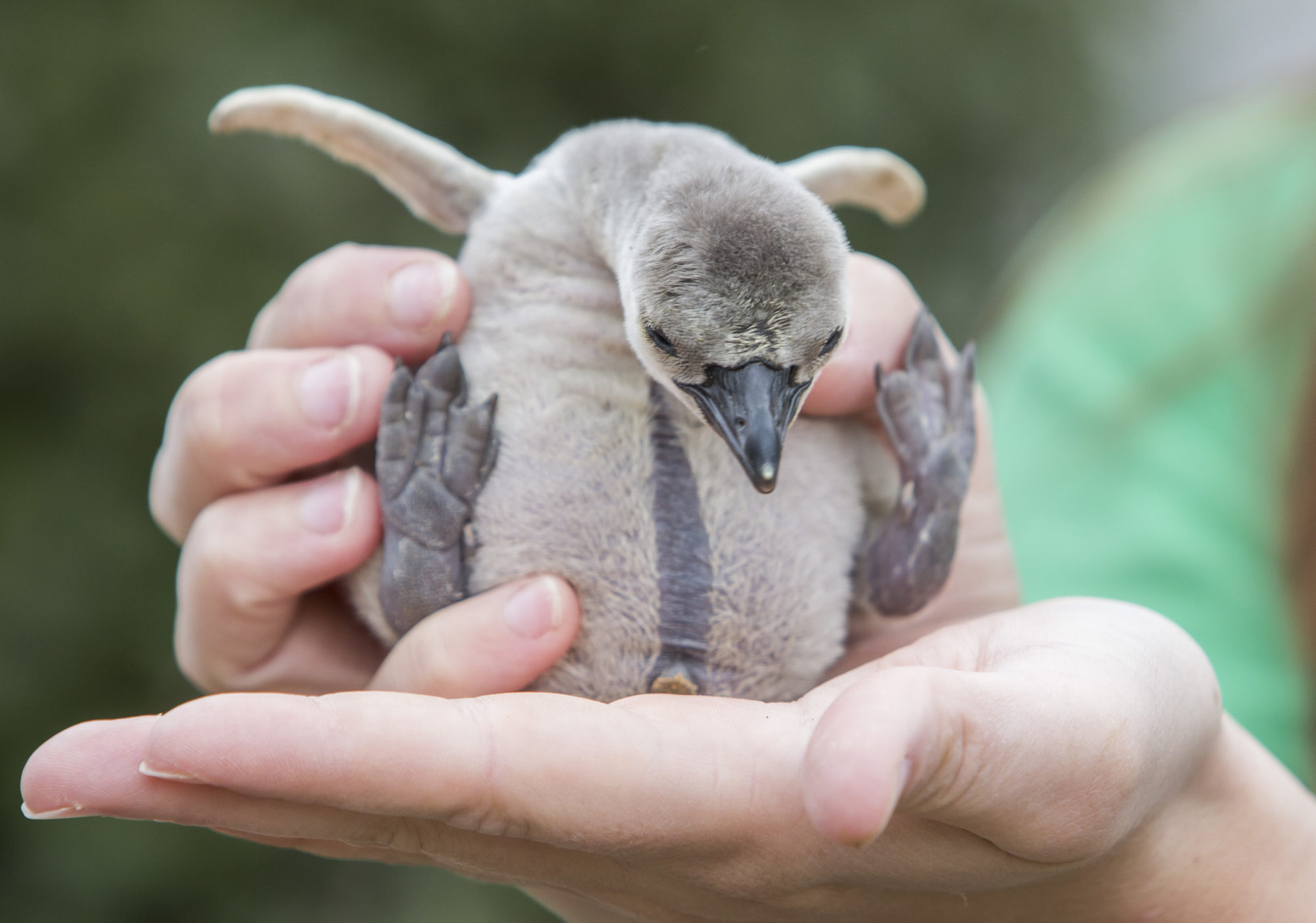
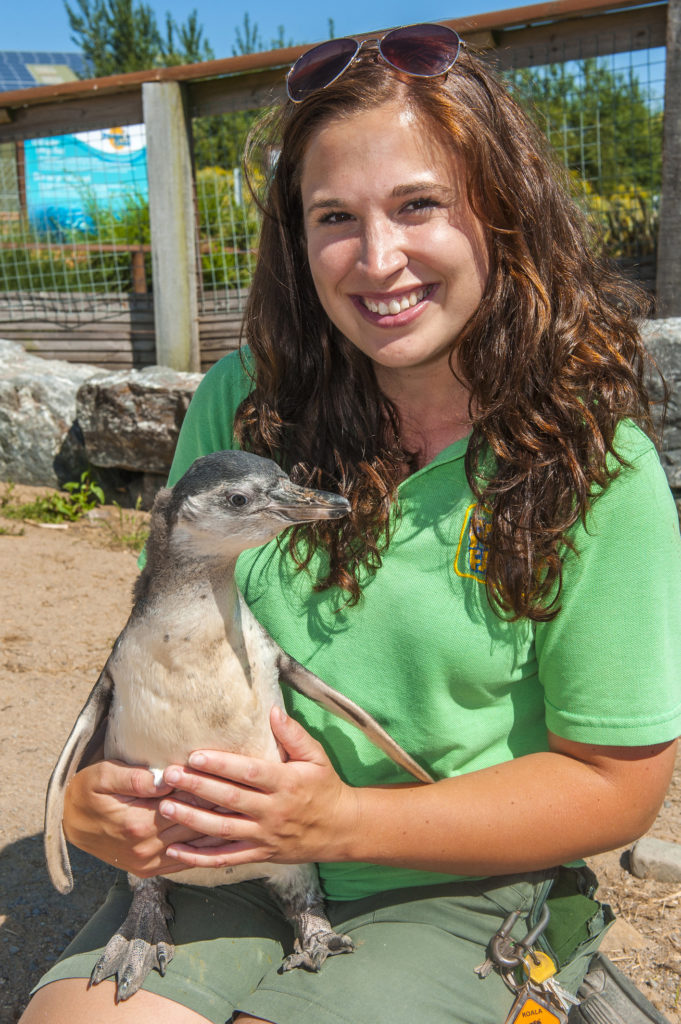
We’ve had huge success breeding our Humbolt penguins, many of which have moved on to other UK and European zoos as part of the breeding programme.
Here are some of the EAZA European Endangered Species Breeding Programmes (EEPs) we belong to: